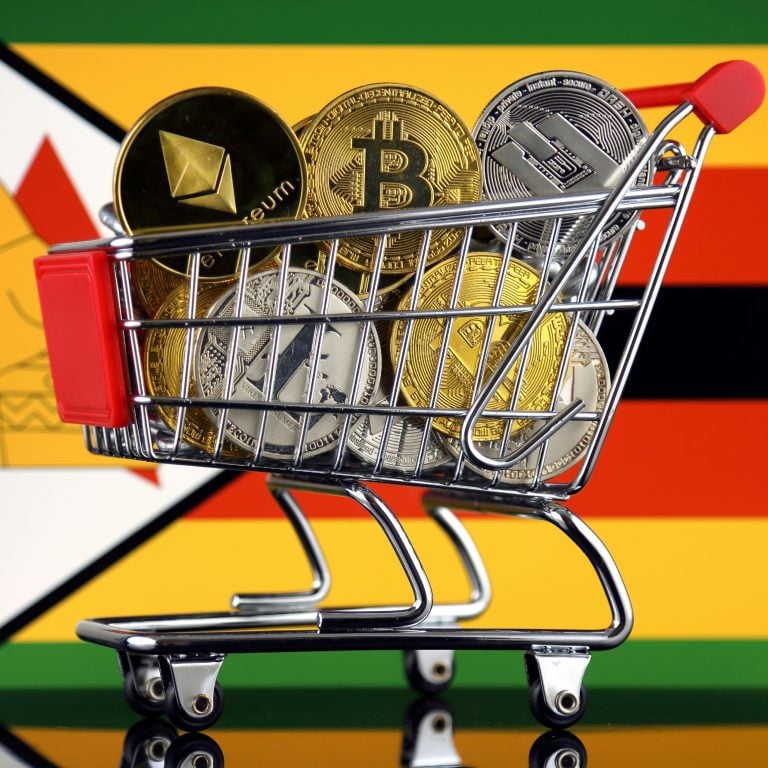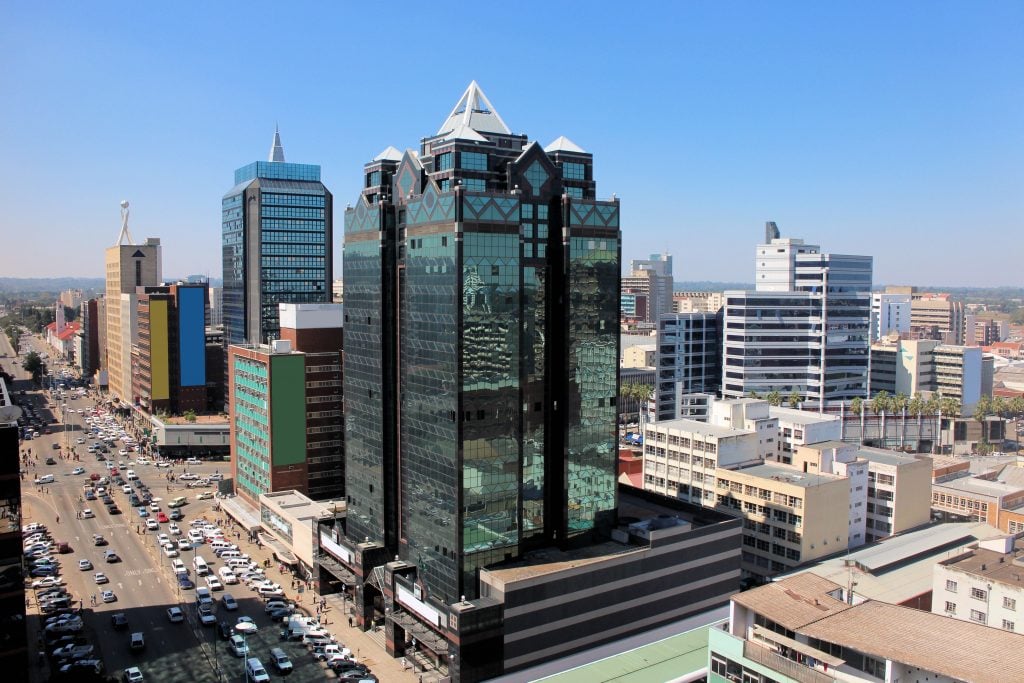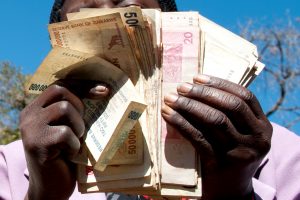
Cryptocurrency may be banned in Zimbabwe, but bitcoin is helping ordinary folk make payments bank-free. It makes for a great fit for the more than 10 million Zimbabweans who lack access to basic banking services. And it’s even more beneficial to the banked few, a distrusting lot, keen to protect their savings against bank failure, inflation or even political turmoil.
Also read: With Bitcoin Cash, A Namibian Conservationist Hopes To Save Endangered African Wild Dog
How Do You Feel About Paying Rent in Bitcoin?
How would you feel about paying rent in bitcoin (BTC)? Josh from Zimbabwe’s second largest city, Bulawayo, feels great about it. “I didn’t have cash at hand, so, my landlord who is open-minded about cryptocurrency said I could pay in bitcoin,” Josh told news.bitcoin.com.

The 23 year-old unemployed psychology graduate, who mines bitcoin at a small scale, zipped 0.02281BTC to his landlord, the equivalent of US$120 at the time.
Zimbabwe is faced with a two-fold problem: a shortage of foreign currency, and that of a surrogate currency called bond notes, initially billed as a panacea to the forex crunch. The Southern African country gave up its own currency in 2009, the same year bitcoin was born, after hyperinflation peaked at over 230 million percent, according to official estimates.
Some businesses, importers and informal traders particularly, often now offer discounts on cash purchases in US dollars – or bond notes – while charging more for mobile or card transactions.
Bitcoin a Silver Bullet
 Now, as Zimbabwe struggles with a severe cash crisis that has forced people to spend hours queuing for money at banks, bitcoin is proving a silver bullet. Not only is the benchmark cryptocurrency helping people like Josh pay for apartment rentals and rates,
Now, as Zimbabwe struggles with a severe cash crisis that has forced people to spend hours queuing for money at banks, bitcoin is proving a silver bullet. Not only is the benchmark cryptocurrency helping people like Josh pay for apartment rentals and rates,



